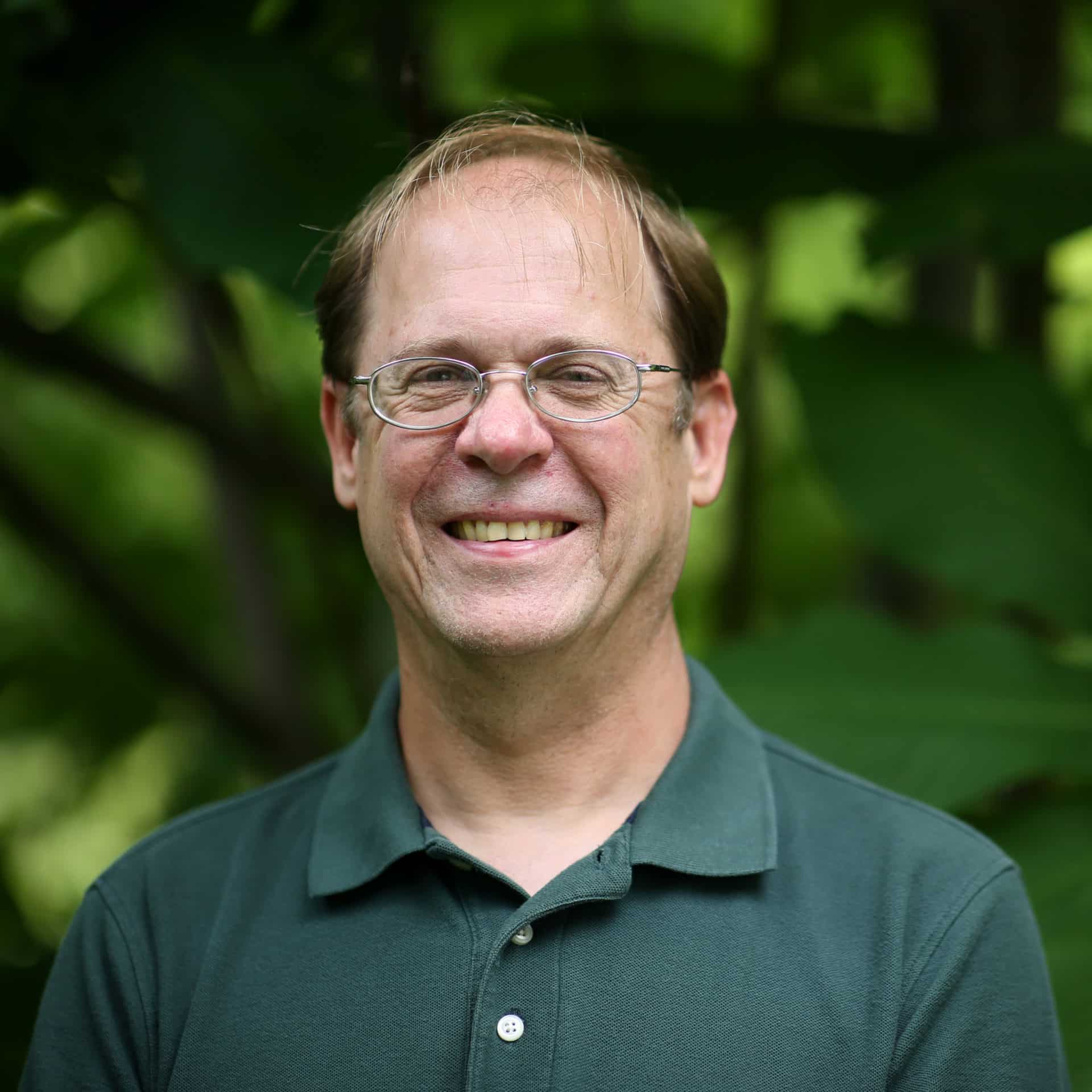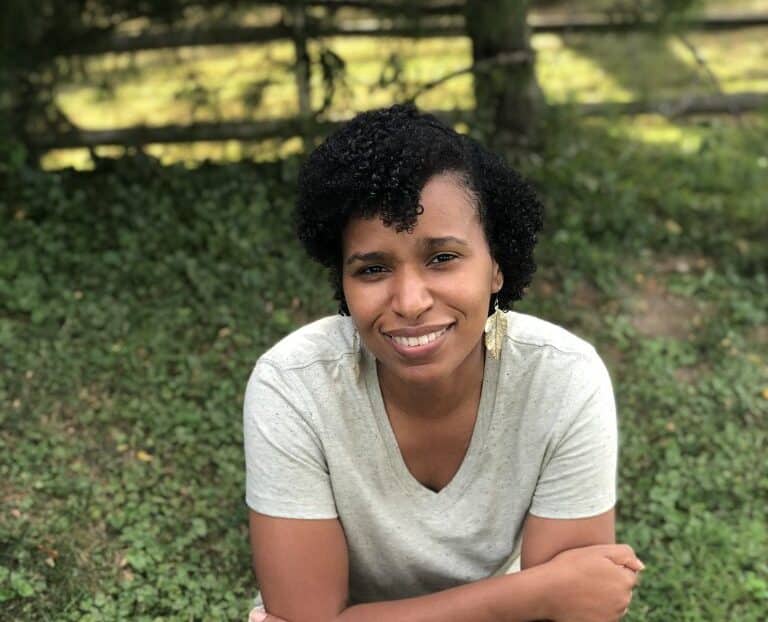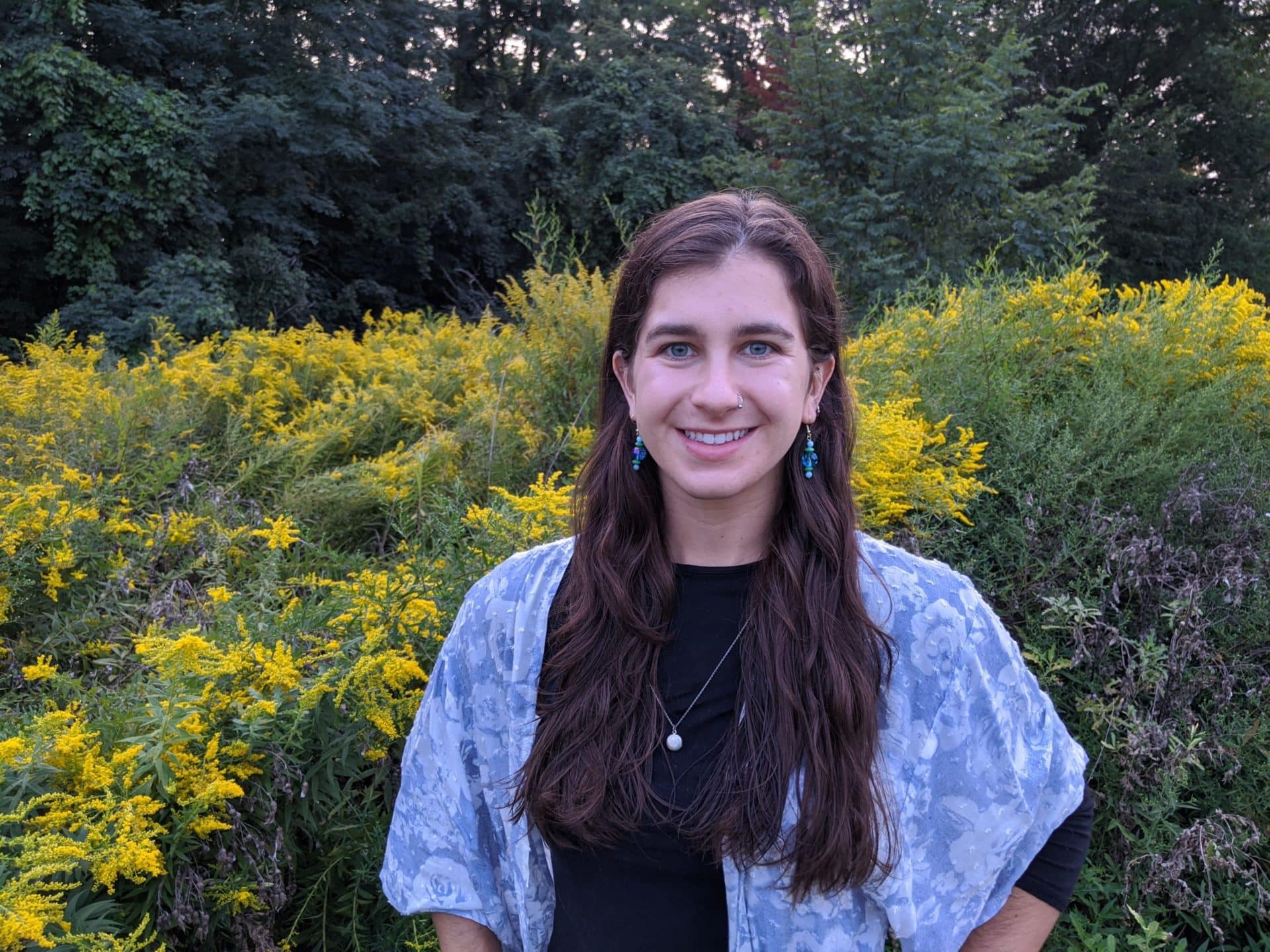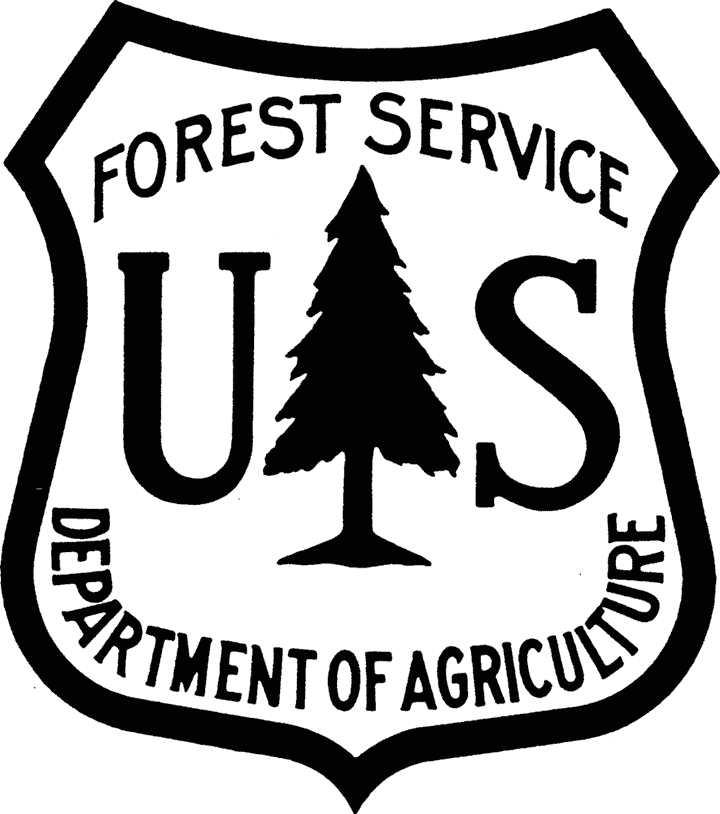Sarah Kyker, PhD
Postdoctoral Research Associate
Soil Ecology
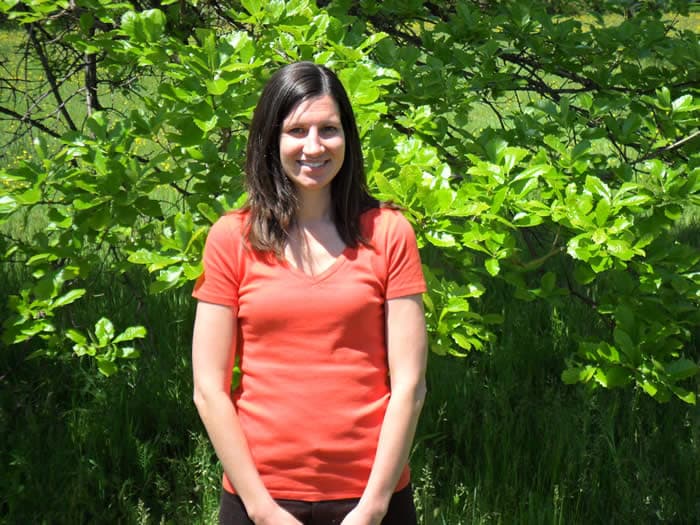
Education
- Ph.D | Case Western Reserve University
- M.S. | Case Western Reserve University
- B.S. | Miami University of Ohio
Research Interests
Dr. Sarah Carrino-Kyker is a microbial ecologist interested in the influence of environmental change, both natural and human-caused, on microbial communities. Because microorganisms are small in size, they are environmentally sensitive. Yet their health and functionality can have a large impact on the overall health of a habitat due to their role in ecosystem processes. Her current research is focused on the soil communities of forests, how they’re impacted by environmental changes, and how these impacts in turn affect the health of the overall habitat or ecosystem.
Select Publications
- Burke D.J., Hewins C.R., Carrino-Kyker S.R. (2023) Increases in soil pH and P availability in a temperate hardwood forest affect mycorrhizal colonization and nutrient content of the herbaceous wildflower Podophyllum peltatum (Mayapple). The Journal of the Torrey Botanical Society 150 (2): 320-330.
- Liu Y, Burke DJ, Medeiros JS, Carrino-Kyker S.R., Burns JH. (2023) Phosphite indirectly mediates protection against root rot disease via altering soil fungal community in Rhododendron species. Plant and Soil.
- Burke D.J., Carrino-Kyker S.R., Chervenak C.F., Hoke A.J., and Hewins C.R. (2021) The function of root mat fungal communities: Changes in response to pH and phosphorus addition. Plants, People, Planet 3: 653-666.
- Paolucci A., Rauschert E.S.J., Carrino-Kyker S.R., and Burke D. (2021) Root fungal communities associated with better performance of an invasive spring ephemeral. Biological Invasions 23: 181-192.
- Carrino-Kyker S.R., Coyle K.P., Kluber L.A., and Burke D.J. (2020) Fungal and bacterial communities exhibit consistent responses to reversal of soil acidification and phosphorus limitation over time. Microorganisms 8:1.
- Lance A.C., Kyker S.R., Burke D.J., and Burns J.H. (2020) Individual plant-soil feedback effects influence tree growth and rhizosphere fungal communities in a temperate forest restoration experiment. Frontiers in Ecology and the Environment 7: 500.
- Burke D.J., Carrino-Kyker S.R., and Burns J.H. (2019) Is it climate or chemistry? Soil fungal communities respond to soil nutrients in a multi-year high resolution analysis. Ecosphere 10: e02896.
- Burke D.J., Carrino-Kyker S.R., Hoke A., Cassidy S., Bialic-Murphy L., and Kalisz S. (2018) Deer and invasive plant removal alters mycorrhizal fungal communities and soil chemistry: Evidence from a long-term field experiment. Soil Biology and Biochemistry 128: 13-21.
- Carrino-Kyker S.R., Kluber L.A., Coyle K.P., and Burke D.J. (2016) Detection of phosphate transporter genes from arbuscular mycorrhizal fungi in mature tree roots under experimental soil pH manipulation. Symbiosis DOI 10.1007/s13199-016-0448-1.
- Carrino-Kyker S.R., Kluber L.A., Petersen S.M., Coyle K.P., Hewins C.R., DeForest J.L., Smemo K.A., and Burke D.J. (2016) Mycorrhizal fungal communities respond to experimental elevation of soil pH and P availability in temperate hardwood forests. FEMS Microbiology Ecology 92 DOI: 10.1093/femsec/fiw024.
